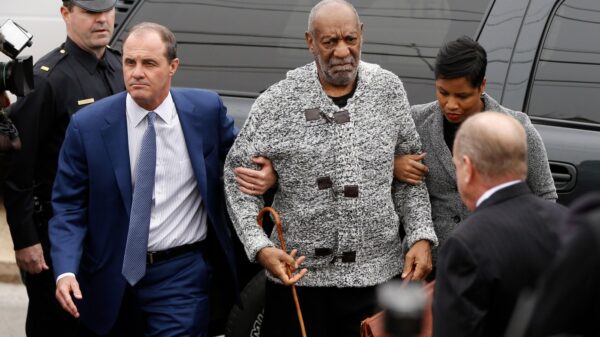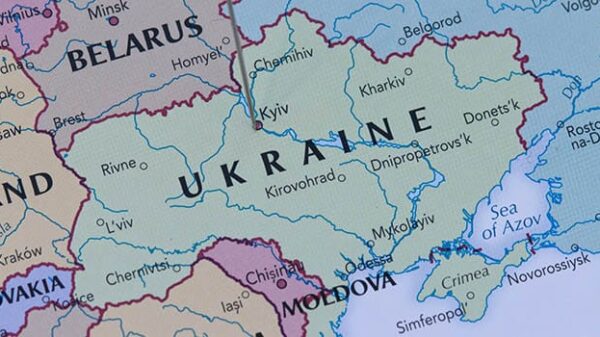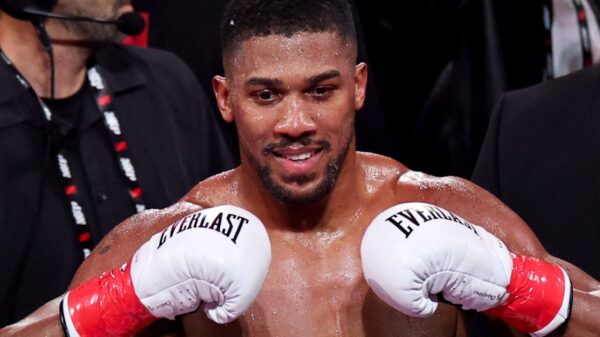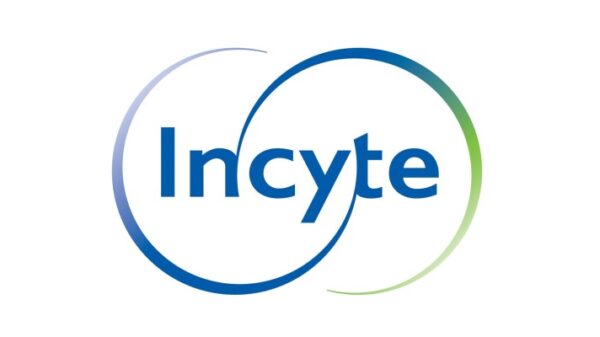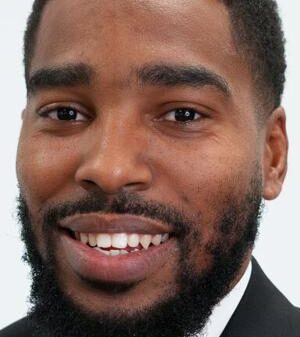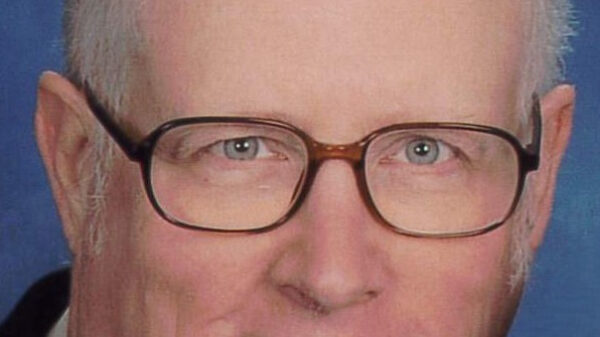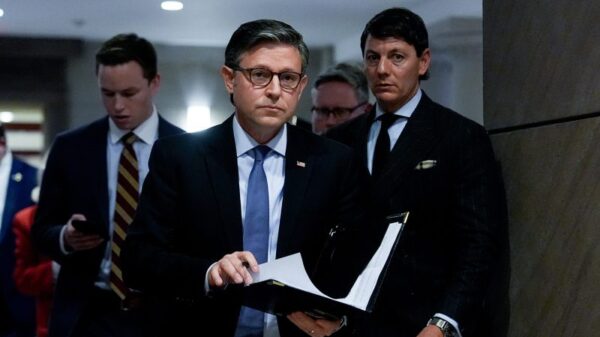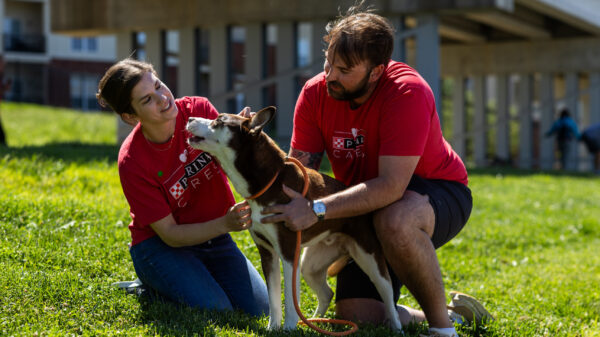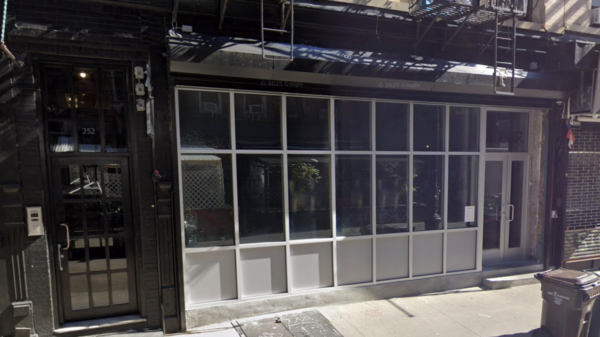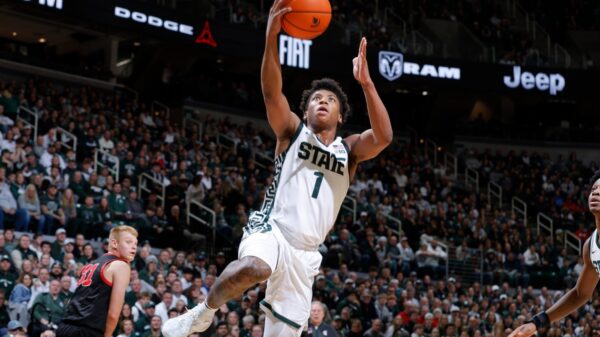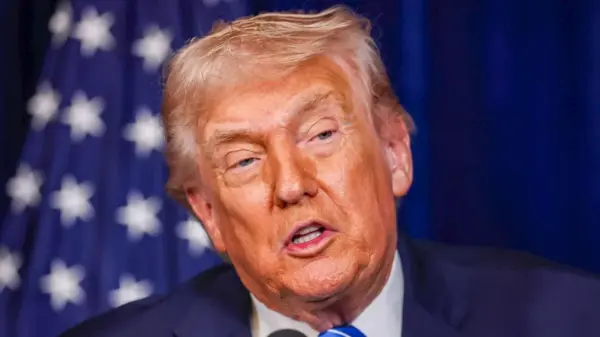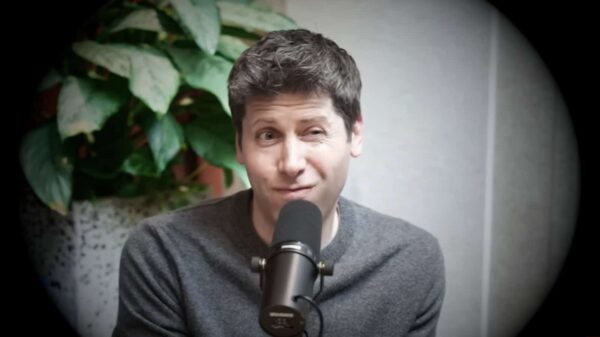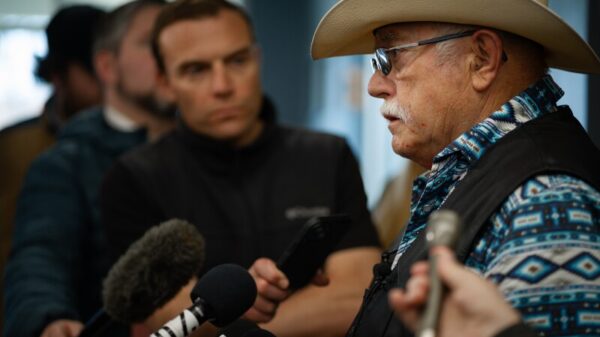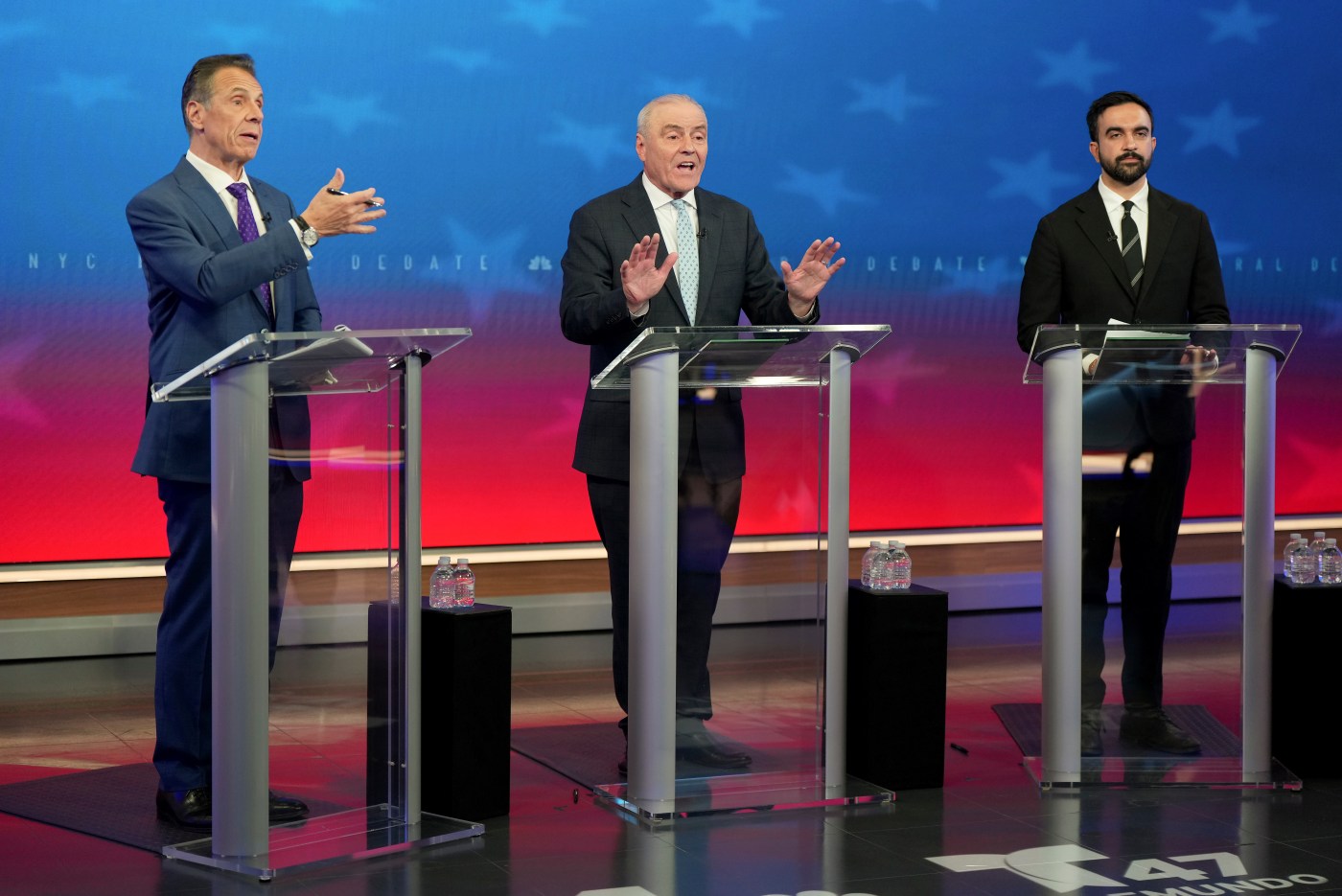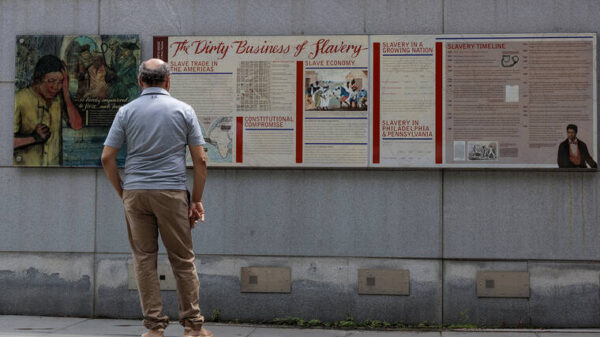The recent mayoral debate in New York City, featuring candidates Zohran Mamdani, Andrew Cuomo, and Curtis Sliwa, has drawn criticism for its lack of substance and excessive interruptions. Many voters expressed disappointment, noting that the format hindered meaningful discussion and failed to address critical issues facing the city.
The debate, hosted by NBC, was marred by frequent interjections from the moderators, leaving candidates with insufficient time to articulate their views. Observers noted that while the event was intended to provide voters with insights into the candidates’ policies, it devolved into a rapid-fire exchange of sound bites. With the election set for May 21, 2024, there is a pressing need for candidates to engage in substantive discourse.
One notable concern was the presence of Sliwa, whose polling numbers have dropped significantly since his previous campaign. Currently, he is polling at less than half the support he received four years ago, where he lost decisively by a margin of over 2-1. Critics argue that his participation detracted from a focused debate between the leading contenders, Mamdani and Cuomo.
The moderators’ approach also raised eyebrows. Their frequent interruptions seemed to prioritize their own agenda over that of the candidates, resulting in a format that felt rushed and superficial. Each time a candidate began to delve into a complex issue, they were often cut off with phrases like, “we’ve got to move on.” This method made it challenging for viewers to gain a comprehensive understanding of the candidates’ positions on key topics.
Questions that could have generated meaningful dialogue were often dismissed for trivial matters, such as candidates’ preferences for local events. The debate format seemed to embrace a rapid-fire style that left little room for elaboration. For instance, a question about whether candidates would participate in traditional parades was reduced to brief responses, avoiding deeper explorations of their viewpoints.
In contrast, previous presidential debates, which featured a single moderator, have shown that allowing candidates to engage more thoroughly can lead to richer discussions. A more traditional format could enable Mamdani and Cuomo to lay out their differing visions for the city and address voter concerns directly.
As the election date approaches, it is crucial that future debates allow candidates the space to articulate their policies and engage with each other on significant issues. The public deserves a platform where they can hear detailed discussions rather than quick responses and sound bites.
In the coming days, another opportunity for the candidates to debate is scheduled. Voters hope this next forum will provide a more focused and informative experience, allowing them to gain a clearer understanding of who will best lead New York City in the years ahead.


